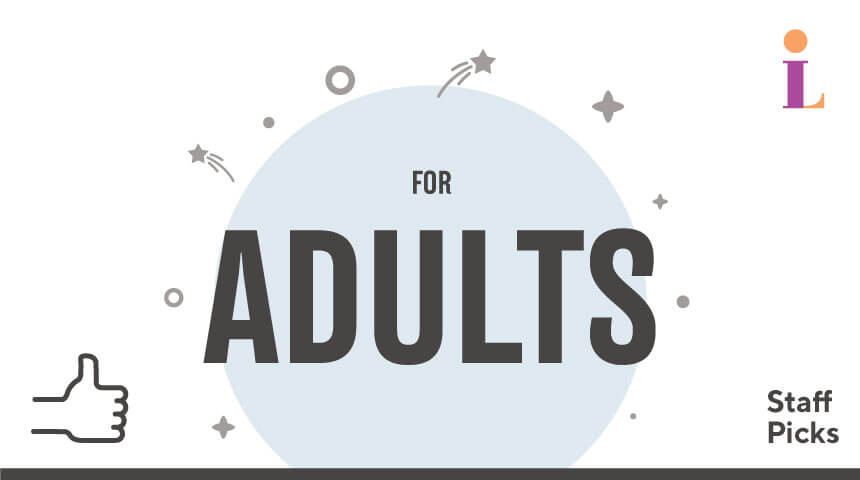
Farming While Black: Soul Fire Farm’s Practical Guide to Liberation on the Land is a powerful and well researched book that is equal parts history, inspiration and how-to guide for Black farmers navigating a complex landscape of modern day cultural barriers, decades of brutal historic oppression and the systemic exclusion of Black people from land ownership that make this goal to find liberation through the land a difficult undertaking.
Leah Penniman is a passionate and inspired farmer and educator. She is co-director and farm manager of Soul Fire Farm in Ithaca, New York, where she, her family and team raise food and share their knowledge of the land through hands-on training programs for Black-Latinx Farmers (well, typically, but not right now). The farm has a sliding scale CSA and hosts Youth Food Justice leadership training. It is on Soul Fire Farm and through her experience working and building a movement of “food sovereignty and community self-determination” that this book came to be.
Farming While Black forces readers to reckon with the systems that have exploited Black people’s agricultural expertise for centuries. Europeans from cold climates bought and sold agricultural experts from warmer climates for top dollar in order to use that expertise to grow a product for profit on stolen land in North America. The systems that later used the law, the banks and the culture of unchecked racism to chase people off the land they owned in the south and into the northern urban centers. There is both power and pain in the process of reconnecting with the land and reclaiming the rights to this rich agricultural knowledge and culture. Penniman tackles the question of how to do that with this book and advocates for activists to engage with agricultural and environmental issues we face globally as a Black issue. As Penniman quotes, “Revolution is based on land. Land is the basis of all independence. Land is the basis of freedom, justice and equality.” – Malcolm X.
Today, many BIPOC (Black, Indigenous, People of Color) experience what Penniman has termed “Food Apartheid” with lack of access, availability and affordability of quality nutritious food and few avenues to increase that access. On top of that, BIPOC land ownership is at its lowest level in a century, with under two percent of land in the United States owned by all BIPOC in this country combined according to the most recent census. Injustices built into our labor laws fail to protect agricultural workers from low wages and unsafe working conditions. The skills that can be learned through this book have the power to bring independence to the people who most acutely feel these systemic oppressions and a pathway to build and participate in a new food system outside of the environmentally-damaging industrial agriculture business.
If you’re interested in more information outside of this book, check out this lecture that Leah Penniman gave on YouTube as well as this article in Yes! Magazine that tells an anecdote about a visitor’s experience at Soul Fire Farm that just might bring you to tears.
As is often the case, I became aware of the book because of a request from a patron. Like our Talking Books program, spreading the good news of a good book is often through word of mouth. And, as described through this book, that has also been the way that Black farmers have shared lessons and skills about agriculture, plants, connection to the land and more. It’s obvious that Leah Penniman’s life work passion and project at Soul Fire Farm is to continue to do that process through word of mouth sharing. Unfortunately, this title has not yet been recorded or acquired by the National Library Service. When we come across a title that our patrons are interested in reading that we don’t have, we can submit a request to the National Library Service to record it. Call us at 412-687-2440 if there’s a book you’ve been hoping to see in our catalog but haven’t yet. This book, however, is available to our patrons at the Library for the Blind and Physically Handicapped through BookShare, which you can either order by mail from a Reader Advisor, or we can set you up to download titles yourself at home. Call us to ask for more information about BookShare. This book is available to Carnegie Library of Pittsburgh patrons in print as well as through OverDrive. Log into our catalog or your Overdrive account to start reading and learning about the history, challenges and future of Farming while Black.


